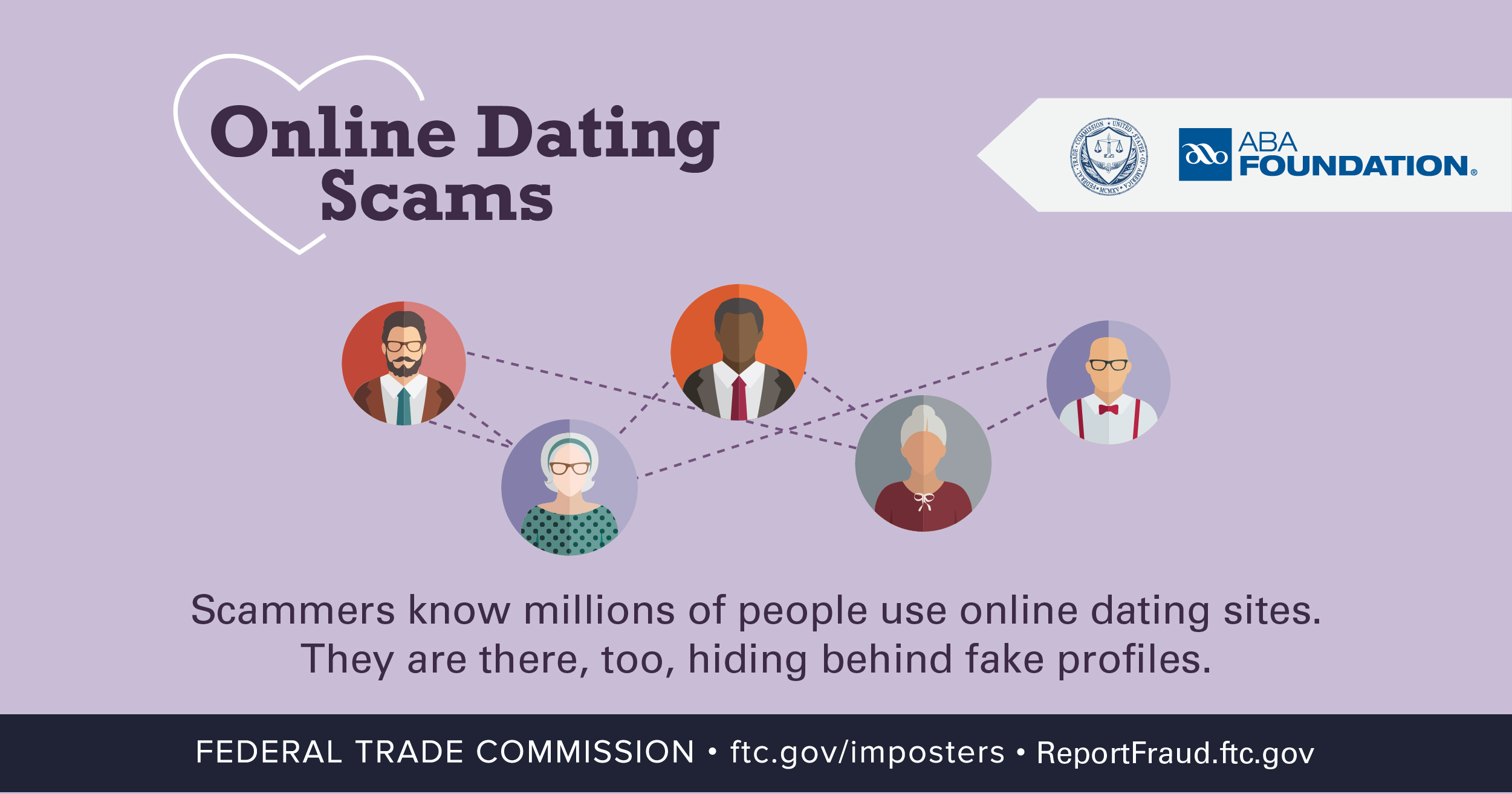Government Urges Vigilance as Dating App Scams Soar: Protect Your Heart and Wallet

Government Urges Vigilance as Dating App Scams Soar: Protect Your Heart and Wallet
In a world where technology has bridged gaps and brought people together like never before, online dating apps have become a popular way to meet potential partners. However, the convenience and excitement of these platforms have also given rise to a new threat – dating app scams. The Indian government, through its official cybersecurity awareness handle, Cyber Dost, has recently issued a stern warning: Never send money to people you meet on dating apps. This caution comes after an alarming incident in which an engineer from Ahmedabad lost a staggering ₹1 crore in a crypto scam involving someone he met on a dating app.
The rise of online dating apps has undoubtedly revolutionized the way people connect and form relationships. These platforms provide individuals with the opportunity to meet and interact with a wide array of potential partners, making it easier for people to find their special someone. The convenience of swiping left or right, exchanging messages, and scheduling dates at the tip of your fingers has become an integral part of modern dating culture.
However, as the popularity of dating apps continues to surge, so do the risks associated with them. Scammers and fraudsters are finding new and cunning ways to exploit the emotional vulnerability of those searching for love online. The recent case of the Ahmedabad-based engineer, who lost a substantial amount of money in a crypto scam, serves as a chilling reminder of the dangers that lurk in the digital dating realm.
The Cyber Dost warning comes as part of a broader effort by the Indian government to educate citizens about online safety and cybersecurity. With the proliferation of scams and fraudulent activities online, it is imperative for individuals to exercise caution, skepticism, and awareness when navigating the digital landscape. The government’s official cybersecurity awareness handle plays a crucial role in disseminating essential information to protect citizens from various online threats.

The Ahmedabad Crypto Scam: A Cautionary Tale
The shocking incident in Ahmedabad, where a well-educated engineer lost ₹1 crore, underscores the importance of vigilance when using dating apps. The victim, who chose to remain anonymous, had met a woman through one such app and struck up what he believed to be a genuine romantic connection. Over time, their conversations deepened, and the woman managed to gain the engineer’s trust.
However, this seemingly perfect online romance took a sinister turn when the woman started to request financial assistance. She concocted various emotional stories, ranging from medical emergencies to urgent business needs, to manipulate her online partner. Falling for her fabricated tales, the engineer transferred a substantial sum of money, ultimately totaling ₹1 crore, into the woman’s account. Little did he know that he was being conned into a crypto scam.
The woman’s profile, as it turns out, was a facade, and her true intentions were to exploit the engineer’s emotions and financial resources. The money he sent went straight into the hands of the scammer, leaving the victim in financial ruin and emotional distress.
This tragic tale highlights the risks associated with online dating apps and serves as a powerful reminder of the importance of heeding the government’s warnings. The Cyber Dost campaign urges individuals to exercise caution, skepticism, and restraint when dealing with financial matters involving people they have only met online.

The Government’s Advisory: Protecting Your Heart and Wallet
The Indian government’s official cybersecurity awareness handle, Cyber Dost, is actively working to protect citizens from various online threats, including scams originating from dating apps. Their advisory is clear: Never wire money to individuals you haven’t met in person, especially through online dating apps.
The advisory comes with several essential guidelines for users of dating apps to consider:
1. Exercise Caution: Be cautious when interacting with people on dating apps. It’s important to remember that not everyone online has sincere intentions.
2. Verify Information: Always verify the authenticity of the person you’re communicating with. Use all available resources, such as reverse image searches, to ensure their identity is legitimate.
3. Do Not Share Personal or Financial Information: Refrain from sharing personal or financial information with individuals you meet on dating apps. This includes details like bank account information, Social Security numbers, and credit card details.
4. Stay Skeptical: Be skeptical of requests for financial assistance, especially from individuals you haven’t met in person. Scammers often use emotionally manipulative tactics to exploit their victims.
5. Report Suspicious Activity: If you encounter any suspicious behavior or suspect that you are dealing with a scammer, report it to the dating app platform and local authorities. Reporting can help prevent further victimization.
6. Meet in Person: If you decide to meet someone from a dating app in person, ensure it takes place in a public and safe location. Always inform a friend or family member about your plans and whereabouts.
The government’s message is clear: while dating apps can be a great way to meet people and potentially find love, it’s essential to prioritize safety and security when navigating the digital dating landscape. Falling for a scam not only puts your finances at risk but can also have a severe emotional toll.
The Prevalence of Online Dating Scams
The Ahmedabad engineer’s unfortunate experience is not an isolated incident. Online dating scams are on the rise worldwide, and India is no exception. Scammers have become increasingly sophisticated in their tactics, making it more challenging for individuals to discern genuine connections from fraudulent ones.
These scams often begin with a seemingly innocent conversation, which gradually evolves into a deeper emotional connection. Once trust is established, the scammer begins to weave a web of deception, preying on their victim’s emotions and vulnerabilities. Common tactics include:
1. Financial Requests: Scammers concoct various financial emergencies or crises, such as medical bills, legal troubles, or business investments, to manipulate their victims into sending money.
2. False Identities: Scammers use fake profiles and stolen images to create a convincing online persona. These false identities are used to build trust and create an emotional bond.
3. Love Bombing: Love bombing involves showering the victim with affection, attention, and declarations of love, often overwhelming the individual emotionally.
4. Long-Distance Romance: Scammers often claim to be located in a different city or country, making it difficult for their victims to meet in person.
5. Isolation: Scammers work to isolate their victims from friends and family, making it less likely that the victim will seek advice or intervention from others.
The consequences of falling victim to such scams can be devastating, both emotionally and financially. Victims often experience a deep sense of betrayal and loss, and recovery can be a long and arduous process.
Protecting Yourself in the World of Online Dating
While online dating can be a fulfilling way to meet new people and potentially find love, it is essential to be vigilant and cautious. Here are some additional tips to protect yourself when using dating apps:
1. Trust Your Instincts: If something doesn’t feel right or seems too good to be true, it likely is. Trust your gut feelings and proceed with caution.
2. Maintain Privacy: Be mindful of the personal information you share on your dating app profile. Avoid revealing sensitive information until you have established trust.
3. Research Your Match: Use online tools and social media to research your potential match. Verify their identity and confirm that the details they provide match their online presence.
4. Secure Your Financial Information: Never share your financial details with someone you’ve met online. Scammers often use this information to exploit their victims.
5. Be Cautious with Personal Photos: Be wary of sharing personal photos that could be used to manipulate or exploit you.
6. Meet in Public: If you decide to meet someone in person, choose a public location, let a friend or family member know about your plans, and consider having a backup plan in case the meeting doesn’t go as expected.

In Conclusion
The Indian government’s warning about online dating scams is a timely reminder of the potential risks that can accompany the search for love in the digital age. While dating apps offer a convenient and efficient way to meet potential partners, they also open the door to scammers and fraudsters with malicious intentions.
Protecting your heart and wallet in the world of online dating is a matter of vigilance, skepticism, and informed decision-making. By following the government’s advisory and implementing additional safety measures, individuals can reduce the risk of falling victim to dating app scams and enjoy the online dating experience without unnecessary fear or anxiety.
In the age of digital connectivity, it is crucial to prioritize online safety and ensure that the quest for love remains a positive and fulfilling journey, rather than one marked by heartbreak and financial loss.




